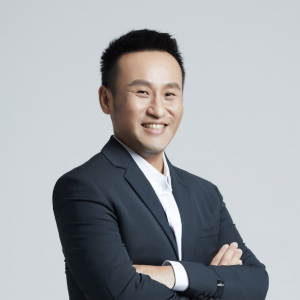A journalist recently asked me what advice I would give to today’s college students. I thought about it for a moment and said: be a generalist, not a specialist.
The reason is simple. AI now performs many of the skills that used to belong exclusively to trained professionals. If you spend your entire youth mastering a single, rigid skillset, by the time you finally gain expertise, there’s a good chance AI will already be doing it faster, cheaper, and at scale.
This isn’t to say expertise doesn’t matter — it does. But expertise alone is no longer your greatest competitive advantage. What will set you apart in the years ahead is flexibility: the ability to learn across domains and adapt when the world shifts under your feet. Over the next decade or two, industries we once thought were stable will be reshuffled. And that won’t stop just because you happen to be good at one thing.
I often tell students: don’t just learn knowledge — learn how to learn. It sounds abstract, but in the age of AI, this may be the most practical skill of all. AI can generate endless answers, but it cannot define the right questions. It can show you many possible paths, but it cannot decide which one you should walk.
That’s why the value of a generalist becomes even clearer. When your perspective is broader and your interests span multiple fields, you’re more capable of cross-disciplinary thinking — of combining ideas that don’t usually sit together to create something new. AI can give you all the pieces, but you need the ability to see patterns, make connections, and even challenge assumptions.
Looking back, my own career has unfolded the same way. I didn’t follow a straight professional track. I’ve been an athlete, a founder, an investor, and now I work deeply in education. These roles may seem unrelated, but precisely because I never confined myself to a single identity, I’ve been able to navigate major transitions and keep finding new directions.
So if you’re still in school, don’t rush to label yourself as “a finance person,” “an engineer,” or “a legal professional.” Instead, train yourself to pick up new domains quickly and apply your knowledge in more flexible, creative ways.
If I could leave you with one message as you step into the future, it would be this: don’t lock yourself into one specialty — build the ability to cross boundaries. Be a generalist, not a specialist.

